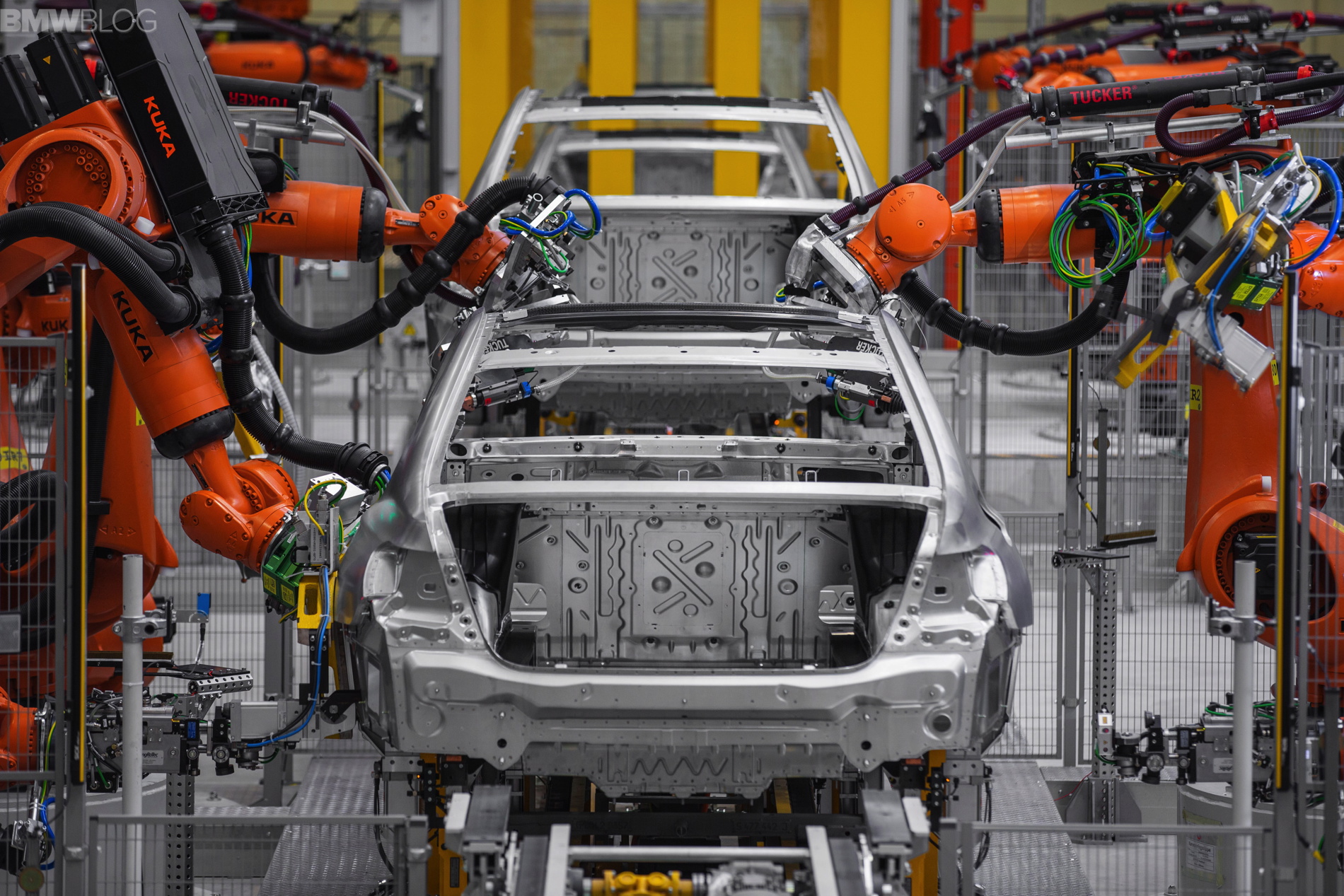
BMW’s new 7 series features a range of large carbon fiber composite parts with the aim to reduce weight and increase efficiency.
According to some reports, this is the first use of large carbon fiber parts in mass produced commercial vehicles.
The new G-code 7 series is one of the first to use a new process to ‘meld’ carbon fiber reinforced plastic (CFRP), steel, and aluminum using the company's Carbon Core technology. In order to marry the CFRP and steel, a hybrid process is used. The carbon fiber used in the hybrid process is ‘wet’, with resin already applied which that is married to sheet steel in the production process. This is useful for attachment points where the flexibility of steel is a plus, BMW says. The process has to be capable of bonding the materials so that they will hold fast.
In addition, the production process will also utilize CFRP wet pressing where carbon fiber, per-impregnated with resin, is pressed in a mold. This eliminates the resin injection step used in the HP-RTM process. This could allow the use of woven CFRP in future.
Due to the new body construction, the 2016 BMW 7-Series is 130 kg lighter than the outgoing model.
This story is reprinted from material from BMW, with editorial changes made by Materials Today. The views expressed in this article do not necessarily represent those of Elsevier.



